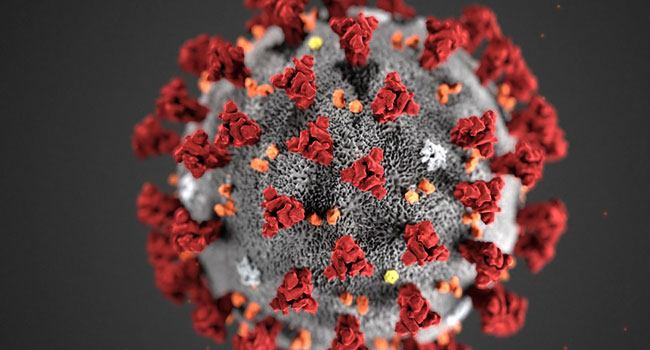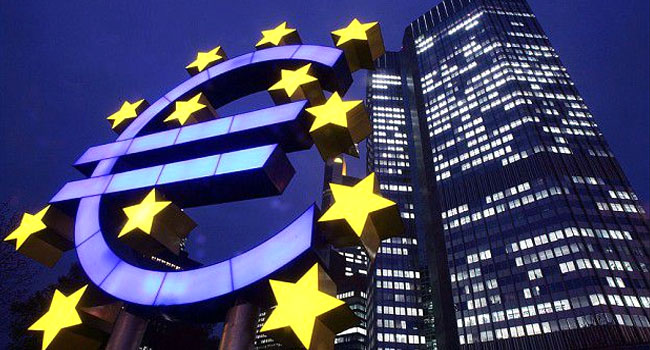
The number of people infected with the novel coronavirus in Germany jumped sharply to 129 on Sunday, official data showed, as the interior minister said he expected a vaccine by the end of the year.
The latest tally given by the Robert Koch Institute, Germany’s centre for disease control and prevention, showed that the number of cases had almost doubled from 66 on Saturday morning.
Germany’s most populous state of North Rhine-Westphalia has emerged as a hotspot after an infected couple attended carnival celebrations there, infecting dozens of people.
The deadly virus has now reached nine of Germany’s 16 states, with Frankfurt, Hamburg and Bremen among the cities reporting their first COVID-19 cases.
Speaking to the mass-daily Bild am Sonntag, Interior Minister Horst Seehofer said he did not see a swift end to the virus’s spread but was optimistic a cure could be found.
“I estimate that a vaccine will be available by the end of the year,” he said, adding that he himself had stopped shaking people’s hands.
Asked whether Germany would go so far as to close off access to cities or regions, he said: “such a scenario would be the last resort”.
In Bavaria, machine tool manufacturer DMG Mori asked some 1,600 employees not to come to work on Monday after a worker contracted the virus.
Several hundred people meanwhile were released from quarantine in the district of Heinsberg in North Rhine-Westphalia, allowing them to leave their homes again.
The cluster there has been linked to a carnival gathering on February 15.
Four kindergarten children in Heinsberg also tested positive for the new coronavirus at the weekend, apparently contracted through a member of staff.
Germany has cancelled several major gatherings in a bid to curb the spread of the virus, including this week’s ITB travel trade fair in Berlin.
The Michelin Guide restaurant star rating awards slated to take place in Hamburg on Tuesday have also been called off.
Organisers of the Leipzig book fair, however, said the event, which attracted over 280,000 people last year, would go ahead as planned from March 12-15.
As the coronavirus continues to disrupt air travel and supply chains around the world, Finance Minister Olaf Scholz said the government stood ready to stimulate Germany’s export-driven economy if the impact worsened.
“If the situation calls for it, we have the means to launch a fiscal stimulus package,” he told Die Welt newspaper.
AFP




